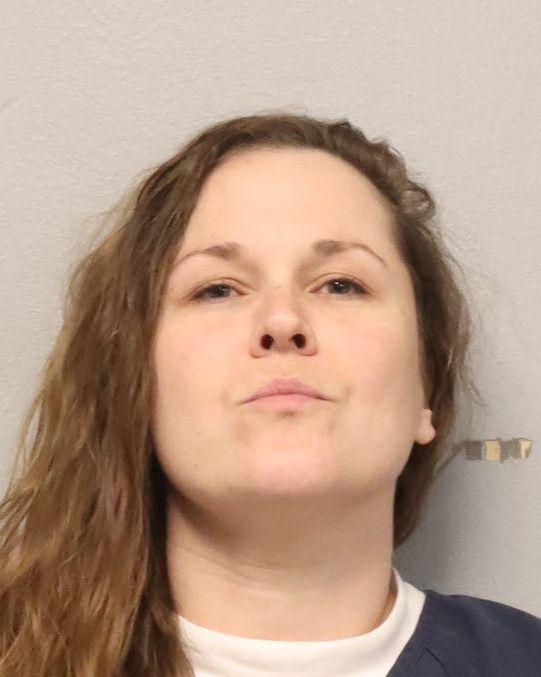MN Sen. Hauschild Identifies Priorities for Legislative Session
ST. PAUL, Minn. — The Minnesota Legislature is now in the third day of its new session, and Senator Grant Hauschild, (DFL) from Hermantown, has identified the issues his constituents believe are the most urgent. Following meetings with residents throughout the summer and fall, Hauschild says the need for EMS services, childcare availability, and housing in rural Minnesota stood out as the most pressing issues.
As for EMS, he says ambulance services are closing in rural communities in large part because of the lack of adequate reimbursement from the federal government. “In our rural communities, often as a last resort, small towns are taking on those ambulance licenses and putting it on the property tax owners to fund those services,” said Hauschild. “That is the critical issue and why it’s so unsustainable and why it’s a double whammy for our rural communities. So we’ve got to figure out this issue so that we’re providing some sort of financial support to our rural communities and also pushing our federal power partners to provide a better reimbursement rate for Medicare and Medicaid.”
Both the availability and affordability of childcare in rural areas are issues that affect not only parents but businesses as well. Hauschild is proposing a bill that will take time to fully implement but would cap the cost of childcare at 7 % of a family’s income per year. “So the program that I have, I think would be a win-win for our childcare providers in creating sustainability, and affordability for our families,” said Hauschid. “Because what the program does is it’s a subsidy to childcare providers to stay open and provide those services. And then we make a line item for our families showing the cost savings they had on their bill. So it’s a win-win in my book.”
Housing is another area where Hauschild says his efforts will be focused this session. One plan he has is to introduce a bonding bill for greater Minnesota housing construction projects. The bonding would be used to help communities and local partners work with builders to construct affordable housing.






